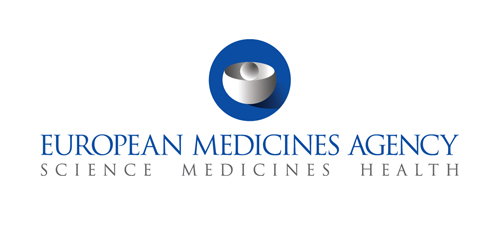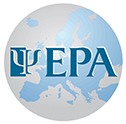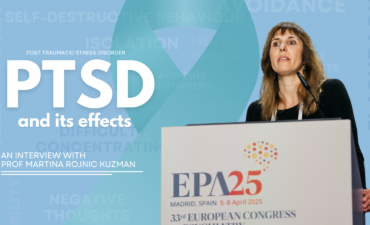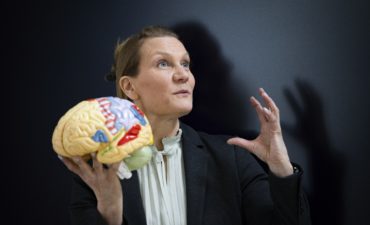EPA attends the EMA Workshop on Artificial Intelligence in Amsterdam

EPA Board Member, Pavel Mohr, attended the European Medicines Agency and Heads of Medicines Agency Multi-stakeholder Workshop on Artificial Intelligence in Amsterdam on 5 November 2024.
The EMA used this occasion to update its stakeholders on developments related to AI, such as the public consultation for the European Medicines Agencies Network Strategy (EMANS) 2028 and the establishment of a Network Data Steering Group (NDSG) in December 2024. Participants also discussed the EU Artificial Intelligence Act, particularly its provisions for scientific research and development.
The workshop brought together different stakeholder groups, including regulatory agencies, pharmaceutical companies, academic researchers, professionals’ associations, and patients’ representatives with the aim of discussing the responsible use of AI at each stage of medicinal development. The discussions focused on sharing perspectives on the prevalence, benefits, and risks of emerging technologies. The integration of AI into medicines development also poses challenges for adapting European policy, research, regulatory, and commercial systems involved in pharmacology.
The meeting featured a presentation of a virtual brain model by Petra Ritter, Professor for Brain Simulation at the Berlin Institute of Health. The EPA is contributing to clinician participation in the development of an ecosystem for generating such simulations via the Virtual Brain Twin project. The aim is for psychosis patients to benefit from personalised models that allow clinicians to adapt medications and treatments for each person.
The workshop also included concerns for the considerable quantities and variable qualities of data available to researchers and practitioners in healthcare.
The EPA contributed to this meeting as EMA Healthcare Professionals’ organisations representative. EPA’s partner organisations are also active as EMA Patients’ and Consumers’ representatives. This workshop represented another opportunity to raise the importance of clinician and patient perspectives and participation in healthcare innovation.


